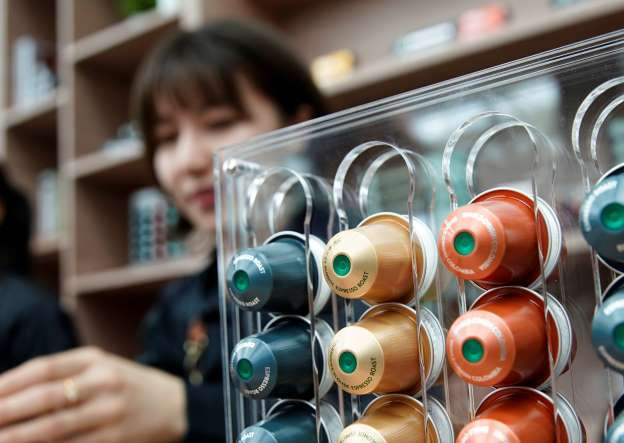Swiss multinational food and drink processing conglomerate Nestlé started selling in China their 21 Starbucks-branded capsule and instant coffee from the Starbucks At Home line in hopes of growing the country's number of coffee drinkers.
Besides grocery stores, the companies are also selling on China's e-commerce sites like Alibaba's Tmall and JD.com.
The products, including whole bean and ground, packed coffees, Starbucks capsules that use the Nespresso and Nescafe Dolce Gusto systems, are also getting sold to hotels and offices in tier-1 cities.
Considering the Chinese market as "exciting" because of the low coffee consumption compared to not just to Asia but to global standards, Nestlé is tapping growth in this part of the world.
The exclusive rights to sell this US brand got acquired last year for US$7.15 billion as a way to revive its Nespresso capsule business and keep copycats at bay.
In February, Nestlé started selling their Starbucks-labelled products in other parts of Asia, Latin America, and Europe.
Rashid Aleem Qureshi, Nestle's chief executive officer for the Greater China region said the tea-drinking nation "is the most exciting market in general" but also because of its low coffee consumption compared to other countries in Asia.
According to Nestlé, China's per capita coffee consumption is around 6 cups a year, a stark contrast to Japan's 400 and South Korea's 300.
The company is aware of the market for "the overall soluble coffee in China growing between 3-5 percent annually. This is what prompted Nestlé to bring their products over to make the data bigger.
China's rising middle-class affluence is also one of the factors why coffee retailers want to penetrate the Chinese market.
The strategic move of the company happened after Nestlé had a slow first-half year growth in China, it's the second-largest market.
Nestlé and Starbucks' partnership added another premium type of coffee that Nestlé is already selling. It already has a Nespresso capsule and Qureshi getting offered to the Chinese market.
Starbucks China CEO Belinda Wong confirmed two new avenues would be opened for the products. A big investment is put in in the store's network because of stiff competition from local challengers like Luckin Coffee Inc.
Seattle-based Starbucks plans to triple its current profits by opening up a store every 15 hours until 2022. Bellinda added that this is "only the beginning" with the "market for coffee in China" being "large and growing."





